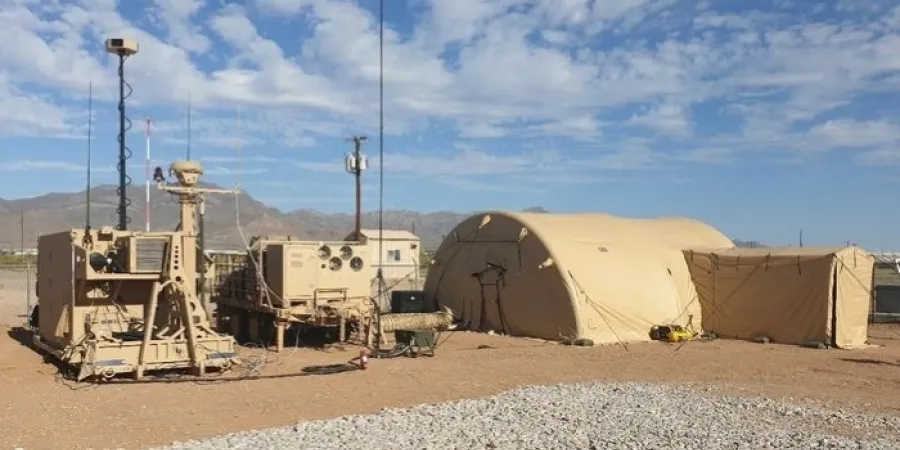US Army’s future battle command system cleared for production
The Army plans to equip its first unit with the system in the third or fourth quarter of 2022
Eyal Boguslavsky
| 17/01/2021
The U.S. Army’s future battle command system that will link sensors and shooters across the battlefield has been cleared for production, a Pentagon spokesperson confirmed to the Defense News website last week.
The Army delayed the decision to produce the Northrop Grumman-developed Integrated Battle Command System (IBCS) in November due to administrative issues, and the Defense Acquisition Board decided to meet again on December 18 to determine whether the critical capability was ready to move into low-rate initial production. Ellen Lord, the undersecretary for acquisition and sustainment, signed a formal acquisition decision memorandum for the program on January 13.
The IBCS, which has so far cost the Army $2.7 billion to develop, was originally meant to serve as the command-and-control system for the Army’s future Integrated Air and Missile Defense System against regional ballistic missile threats. However, the service has since expanded its role to tie together a broader array of sensors and shooters capable of defeating other complex threats such as cruise missiles and unmanned aircraft, Defense News said.
According to the website, the decision to move into low-rate production also triggers the start of the system’s initial operational test and evaluation phase this year. The Army plans to equip its first unit with the system in the third or fourth quarter of fiscal 2022. The program is not only important to the United States but also Poland, which is the first international customer under contract to purchase the IBCS system for its Patriot batteries.
The Army plans to equip its first unit with the system in the third or fourth quarter of 2022
The U.S. Army’s future battle command system that will link sensors and shooters across the battlefield has been cleared for production, a Pentagon spokesperson confirmed to the Defense News website last week.
The Army delayed the decision to produce the Northrop Grumman-developed Integrated Battle Command System (IBCS) in November due to administrative issues, and the Defense Acquisition Board decided to meet again on December 18 to determine whether the critical capability was ready to move into low-rate initial production. Ellen Lord, the undersecretary for acquisition and sustainment, signed a formal acquisition decision memorandum for the program on January 13.
The IBCS, which has so far cost the Army $2.7 billion to develop, was originally meant to serve as the command-and-control system for the Army’s future Integrated Air and Missile Defense System against regional ballistic missile threats. However, the service has since expanded its role to tie together a broader array of sensors and shooters capable of defeating other complex threats such as cruise missiles and unmanned aircraft, Defense News said.
According to the website, the decision to move into low-rate production also triggers the start of the system’s initial operational test and evaluation phase this year. The Army plans to equip its first unit with the system in the third or fourth quarter of fiscal 2022. The program is not only important to the United States but also Poland, which is the first international customer under contract to purchase the IBCS system for its Patriot batteries.



